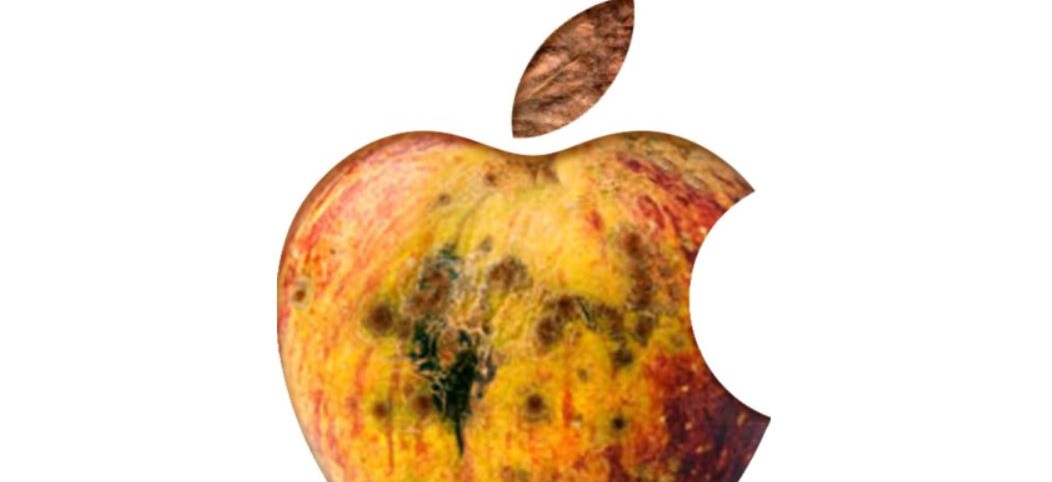Apple’s made a lot of news in the past few days over the introduction of its latest generation of smartphones — and rightfully so, I might add. Any new line of products from the world’s most valuable company deserves our attention, and Apple’s next premium phone — the X — introduces a number of notable firsts; including a smooth-functioning facial-recognition ID system — and, of course, a high-end price that exceeds $1100.
What hasn’t generated widespread talk this year is the fact that not only is Apple’s iOS operating system a distant second in the market (that’s common knowledge), but that Apple now isn’t even the leading single smartphone brand.
As recently reported by Market research firm Kantar, in May 2017, Apple’s share of the U.S. smartphone market (34%), while up 4.7 points from the previous year, still fell behind Samsung’s — which increased from 32.9% to 36.2%. And remember, that’s just eight months after countless self-appointed prophets were planting flowers on Samsung’s grave, in the wake of the self-igniting Note 7 scandal.
Look at yourself, Apple. Better yet, don’t.
If you asked me, Apple’s problem is the same one that led it to slide into near-irrelevance in the 1980s after it created, for all practical purposes, the home computer market — with a machine which was clearly superior to anything PC manufacturers were offering business at the time. The problem (as I argued in this 2011 column published six days after Steve Jobs’s death)? His near-fatal flaw as corporate America’s all-time worst control freak. He refused to make his operating system open source. Bill Gates did. And consequently, Microsoft essentially took ownership of the PC market — which, by the way, is still roughly 94% Windows.
OK, so maybe he was right.
Granted, Jobs’s vision ultimately paid-off spectacularly; leading to a winning streak of brilliant, innovative products (from the introduction of the iMac in 1998 to the iPhone in 2007) — and with it, ensuing sales and profitability — that’s arguably unmatched in world business history.
And yet. And yet.
Despite creating the smartphone market as we know it, Jobs’s worst tendencies are still on display (literally on display) even today. You probably remember Apple’s first big market-share slide came from its refusal, for years, to make phones in adult sizes. With its latest offerings, Apple still refuses to give its owners some of the basic functionality and freedoms Android owners take for granted.
Seriously, why NOT?
Two ongoing and (IMO) glaring iOS omissions immediately came to mind as I scoured the reviews: 1) The freedom to place app icons exactly

where you want them on your screens — and not just in rigidly-ordered rows. 2) The ability to close all open apps with a single tap. Granted, those functions likely seem trivial to most Apple devotees — who are drawn into the iOS ecosystem for its seamless device-to-device compatibility (not to mention a design and corporate-identity aesthetic that ultimately makes Apple the most valuable brand of all time).
Still, I would argue that the cumulative effect of all those conscious dismissals of reasonable consumer requests is a justified perception of corporate arrogance — and with it, Apple’s current place behind market leader Samsung.
Take a number, Chicken Little.
So do I honestly believe Apple’s fortunes are in peril? Of course not. No more than I believe (as recently argued in The Week magazine) that Windows is doomed — at least, any time soon. But I will say that history has a way of repeating. And if Apple refuses to grant enough consumer requests, yeah — some day even they could be history.
(image courtesy of www.imgarcade.com)

